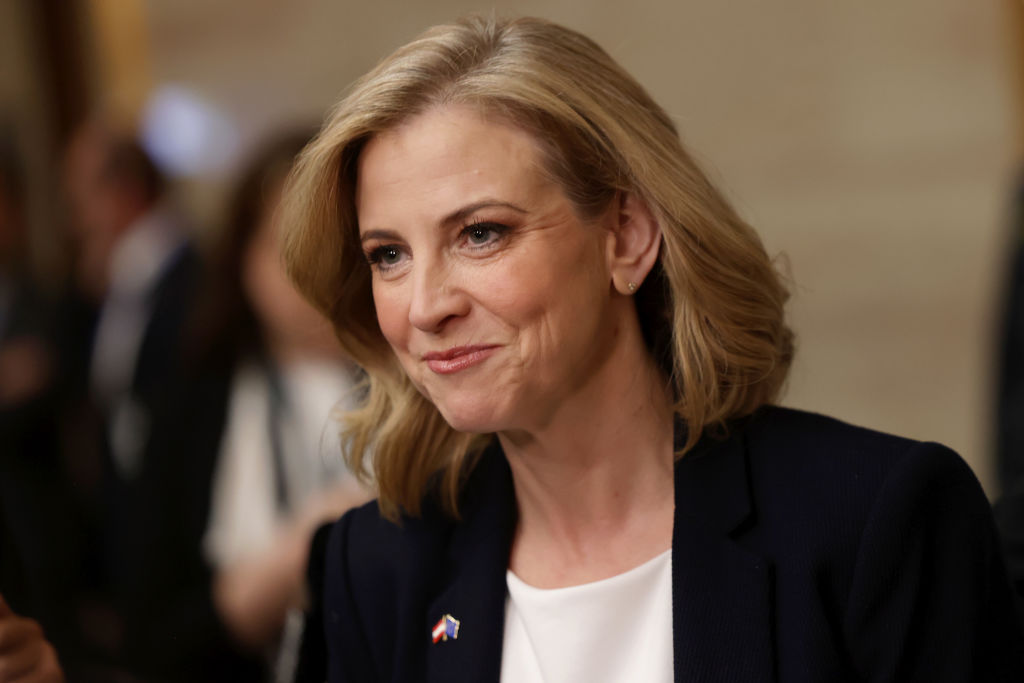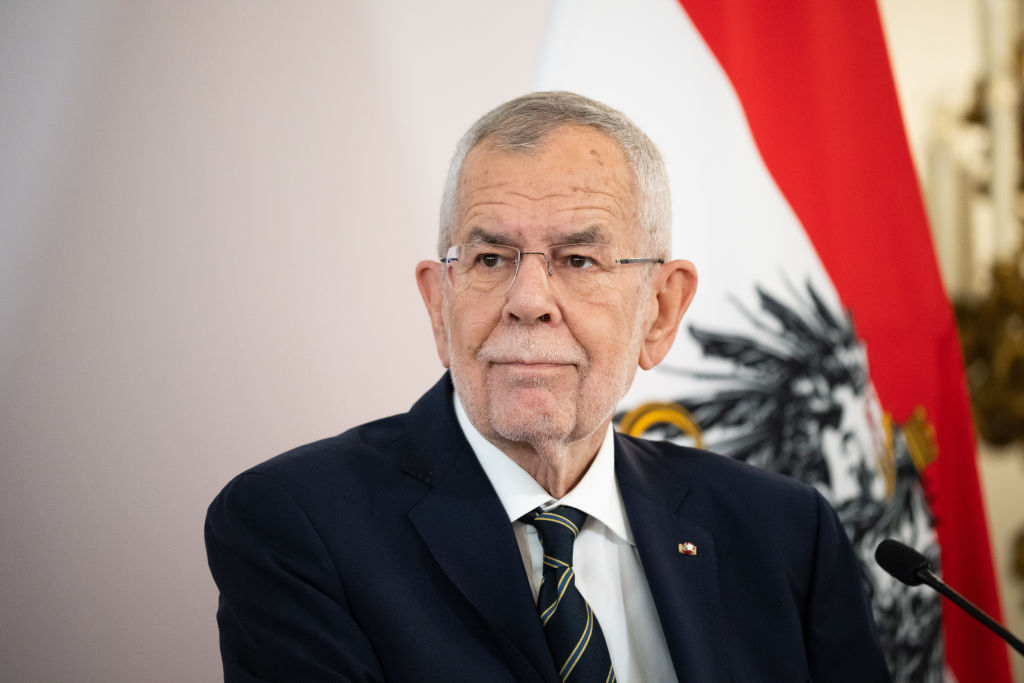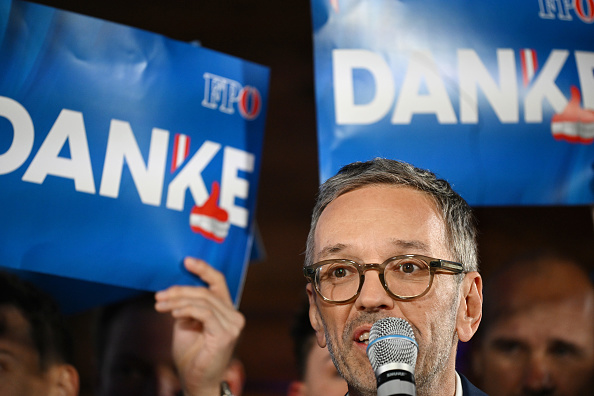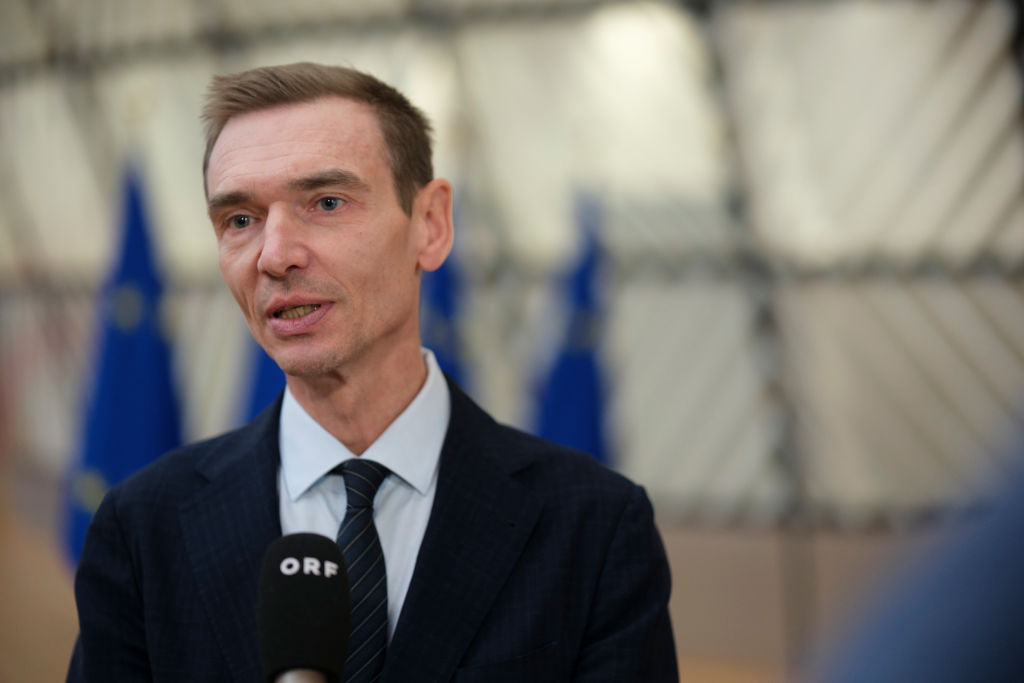Negotiations over a centre-right government coalition in Austria have hit a tough spot.
On the evening of February 4, representatives of the Conservative People’s Party (ÖVP) reportedly left the talks with the right-wing Freedom Party (FPÖ) to convene an emergency meeting of the party leadership.
Austrian media were quick to speculate that the negotiations had collapsed completely – similar to the abrupt end of the previous three-party talks between ÖVP, Social Democrats and Liberals.
FPÖ leader Herbert Kickl was quick to quell such rumours.
In a Facebook post, he told his followers that reports of an end of the coalition talks were wrong.
“No, there is no termination of the negotiations,” he insisted.
“The ÖVP is apparently co-ordinating internally. That is quite normal,” Kickl wrote.
Later on February 4, ÖVP insiders confirmed that the negotiations would continue but emphasised that the talks had entered a “difficult phase”.
According to media reports, the parties were then fighting about the partition of the government ministries.
Insiders said the FPÖ – who won the September elections with 29 per cent of the vote compared to the ÖVP’s 26 per cent – had offered an equal distribution of ministerial posts. That was seven for ÖVP, six plus the Chancellorship for FPÖ.
Still, FPÖ demanded to run both the finance ministry and the interior ministry. The ÖVP reportedly wanted those ministries to be under its control.
The interior ministry was reportedly especially contested.
An ÖVP insider told Austria media that the current division of ministries would “contain everything needed to turn Austria into a Russian vassal”.
Previously, ÖVP politicians had repeatedly accused Kickl and the FPÖ of being “too close” to Russia and its President Vladimir Putin.
The talks between the two parties, which started in mid-January, had been fraught with public conflict between the potential partners, often played out in the media.
Austria’s President Alexander van der Bellen, a former Greens party politician, was reportedly also trying to sabotage the talks behind the scenes.
Despite that, both FPÖ and ÖVP seemed forced to make peace with each other.
No other party in the Austrian parliament was willing to co-operate with the right-wingers, while the Conservatives were also out of options after the three-party talks following the election led nowhere.
In case of re-election, experts said it seemed the Freedom Party could expect more than a third of the vote, according to recent polls, while the Conservatives might drop to below 20 per cent.





